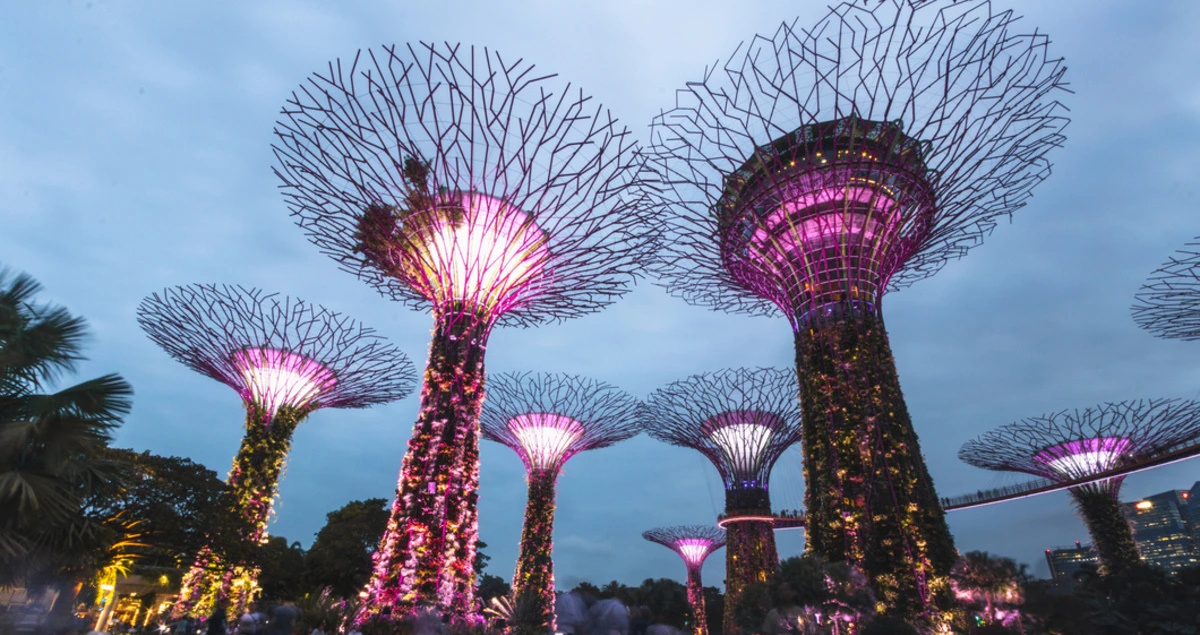Why sustainable Singapore will be built on hydrogen and CCUS

Singapore is the third most densely populated territory in the world. This high headcount relative to land mass, combined with limited natural resources, means the island state imports most of its energy needs.
Oil and natural gas have largely fueled Singapore’s growth — imported natural gas currently accounts for around 95% of its electricity generation. But its government is now looking to a future where imported renewables and low-carbon energy solutions like hydrogen and carbon dioxide (or CO₂) capture, utilization and storage (CCUS) play an increasing role.
The city state’s new energy strategy offers a glimpse of what a new energy future could look like for the whole of Asia Pacific. It highlights the need for Singapore to cooperate with its neighbors to lower energy transition costs, maximize efficiency and safeguard long-term energy security across the entire region.
Singapore is exploring the potential of ammonia as a marine bunker fuel
Generating sustainable electricity
With little available space of its own, energy-hungry Singapore could turn to neighbors like Indonesia and Malaysia to supply clean renewable electricity. Close proximity and with abundant space to deploy solar installations, wind farms and other renewables, these countries are perfectly positioned to help supply sustainable energy to Singapore.
Looking further afield, imported alternative fuels like hydrogen and ammonia could also play a role in transforming Singapore’s energy sector. Government research highlights hydrogen’s potential to diversify Singapore’s fuel mix, providing low-carbon options for electricity generation, heavy transport and some industrial processes, for example.

The Lion City — as Singapore is known — will need to import hydrogen from other countries






